PHP frameworks are widely used for web app development. And when it comes to choosing the right PHP framework, confusion is inevitable. Although there is a list of PHP frameworks, the two most popular frameworks that are gaining attention are Laravel and Symfony.
Many businesses find it challenging to choose a framework that meets their project requirements the best. Since Laravel and Symfony are both great, choosing one among them is a soul-wrenching task. Moreover, both Laravel and Symfony are considered to be at the top of their game.
Suppose you have an exciting project planned out but are confused about choosing a framework between Laravel or Symfony. In that case, this article will take away your stress and encourage you to make the right decision.
Although this article’s major focus is on the Laravel vs Symfony comparison, first, let’s clarify some basics. So, we will begin with a quick and crisp introduction to both Laravel and Symfony. Let’s begin!
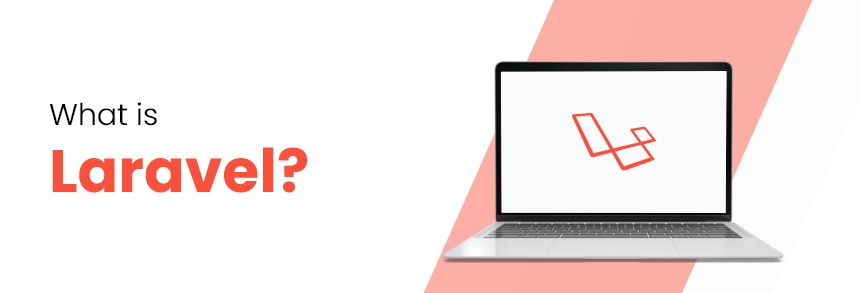
What is Laravel?
Laravel is an open-source framework that follows a model view controller design pattern. It has an expressive and elegant syntax and the ability to create clean codes for web app development. Laravel makes the app development process fun by easing tasks in web app development, such as authentication, routing, and coaching.
Whenever the best PHP frameworks are discussed, it’s impossible to miss out on Laravel. Laravel’s many features, powerful functionality, and MVC architecture make it a popular framework that developers adore.
Let’s have a look at the most talked-about pros and cons of Laravel to understand this framework better.
Here are the pros of Laravel-
- Laravel stays updated with the newest PHP versions
- It is compatible with many third-party libraries
- It has a large ecosystem of powerful tools
- Laravel is easy to learn and use
- It has elegant ORM support
- It has built-in support for the Redis application
Here are the cons of Laravel-
- Some applications built in Laravel are heavier for faster loading
- Updates are not compatible as there are chances of breaking the code
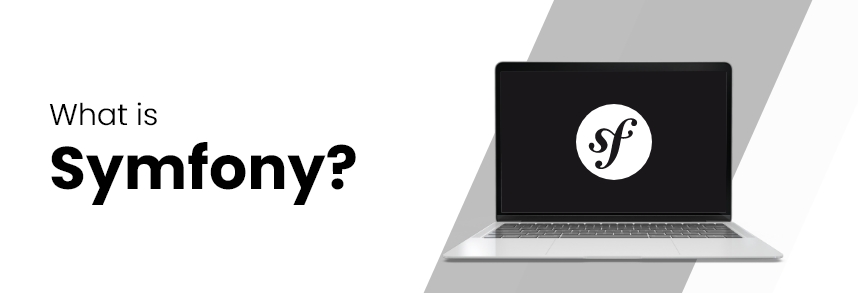
What is Symfony?
Symfony is an open-source PHP framework that uses MVC architecture for developing scalable web applications. The MVC approach makes sure that the project follows a logical structure. Probably the best thing about Symfony is that its components are reusable and decoupled with PHP libraries which are a foundation for web development projects.
Symfony includes one of the best capabilities for tracking behavior called Symfony profiles. This allows the developers to trace the behavior of any application by mapping its operations and activities in the back end.
Here are the pros of Symfony-
- Symfony has one of the biggest communities today
- Its regular update keep make the framework up-to-date with developers’ needs
- Symfony is one of the cleanest PHP frameworks
Here are the cons of Symfony-
- It is harder to learn Symfony than other PHP frameworks
- Performance can be an issue with older versions of Symfony
- It requires more time for testing, and the development process gets slower
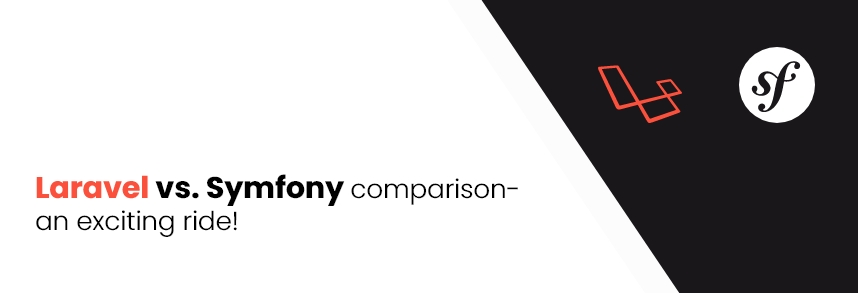
Laravel vs Symfony comparison- an exciting ride!
Now we come to the central point of discussion in the blog. Let’s read about the Laravel vs Symfony comparison and elucidate the difference between Laravel and Symfony based on common factors. So, let’s get going!
Features
Features are the core of any framework, and both Laravel and Symfony have well-defined features. Let’s look at the features of both frameworks separately.
Here are the key features of Laravel-
- Libraries and modular
- Effective ROM
- Secure migration
- Artisan
- MVC architecture
- Enhanced security
Here are the features of Symfony-
- Error logging
- Session management
- Code reusability
- Flexible URI
- Twig template engine
- Secure
Both Laravel and Symfony have a great set of features for web app development, and therefore, when it comes to features, there’s a draw between them.
Database support
Laravel utilizes object-oriental mapping for data access through eloquent. Laravel supports multiple databases, including MySQL, PostgreSQL, SQLite, and SQLserver. Thus, we can say Laravel’s database support is pretty solid.
On the other hand, Symfony utilizes object oriental mapping for data through Doctrine. Symfony also supports multiple databases such as Drizzle, MySQL, Oracle, SQLite, and SQLserver.
Laravel provides a few additional databases in terms of database support and thus wins over Symfony.
Data modeling
Accessing the data with Laravel requires more knowledge of SQL. Eloquent also ties the app to the DM schema design in eloquent; changing a column name could result in changes throughout the codebase. Thus, Laravel is less flexible in this regard.
However, that’s not the case with Symfony. Symfony does not require significant SQL knowledge but requires you to create a repository function for each call.
Thus, taking the data into consideration, Symfony seems like a better option.

Templating engine
The default templating engine in Laravel is Blade which enables code reusability. This kind of reusability is not possible with Twig. Additionally, Laravel has a sub-framework, Lumen, which simplifies building APIs.
Symfony uses Twig as its templating engine, but Twig doesn’t allow for code reusability like Laravel’s Lumen.
Thus, in terms of templating engine, Laravel wins over Symfony.
Modularity and scaling
Laravel develops powerful apps using MVC architecture with a number of pre-built dependencies. Thus, using the Laravel framework is very user-friendly. Moreover, developing big-scale applications with Laravel is easier to enhance and scale.
Symfony uses reusable components, which ensures more robust modularity. Symfony also organizes the code in a clean and organized way.
Hence, when it comes to the factor of modularity and scaling, both Laravel and Symfony are great options.
Speed
Laravel is known for being fast and enables quick web app development that too with minimal code. Moreover, Laravel is also adaptable since it makes use of Symfony components.
Compared to Laravel, Symfony might be a little slower to develop complex projects. However, Symfony also promotes adaptability and is simple to extend.
Thus, both Laravel and Symfony are fast, but Symfony isn’t preferred for developing big-scale and complicated web app projects.
So, did you make up your mind between Laravel and Symfony?
We hope the above-discussed Laravel vs Symfony comparison helps you understand both frameworks clearly. Now, when you have to choose a PHP framework, be careful and aware of the project’s needs, and then pick the right one.
If you are still not sure which framework will work the best for your project, you can hire Laravel developers and let them analyze your project. They can assist you to identify whether Laravel or Symfony is right for you, reducing your stress.
Moreover, a reliable mobile software development company can also develop great-looking, scalable, and highly efficient web apps for you. So, get in touch with a team of app developers and get started with Laravel web development that does wonders.
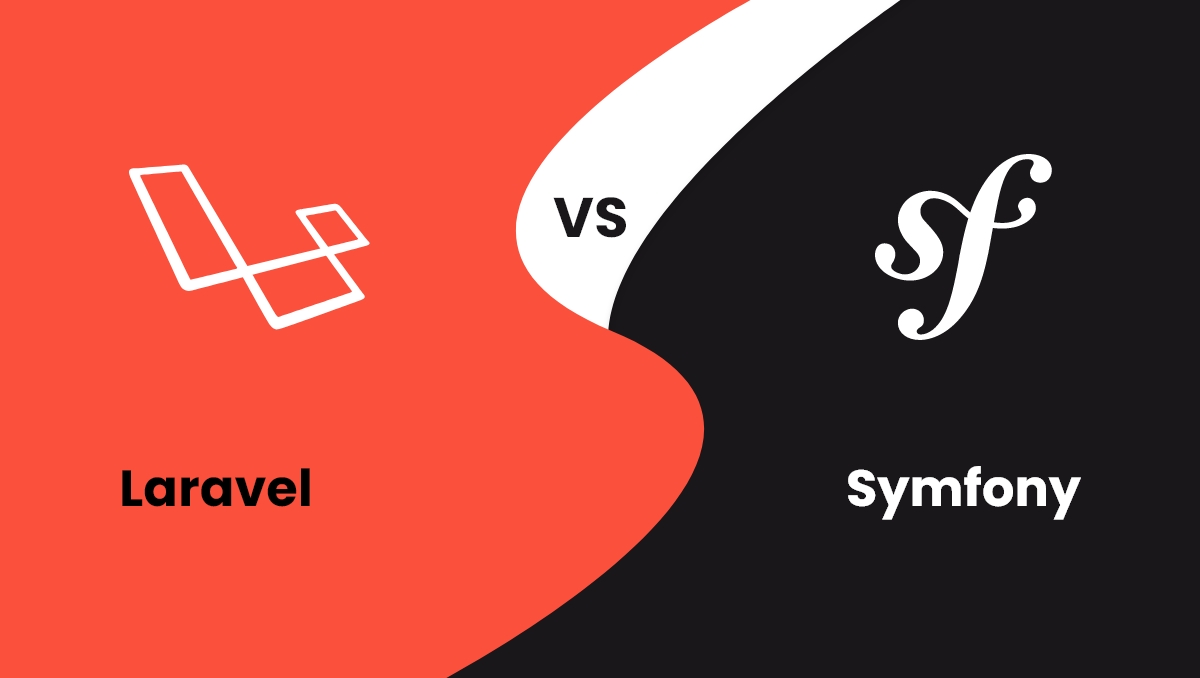
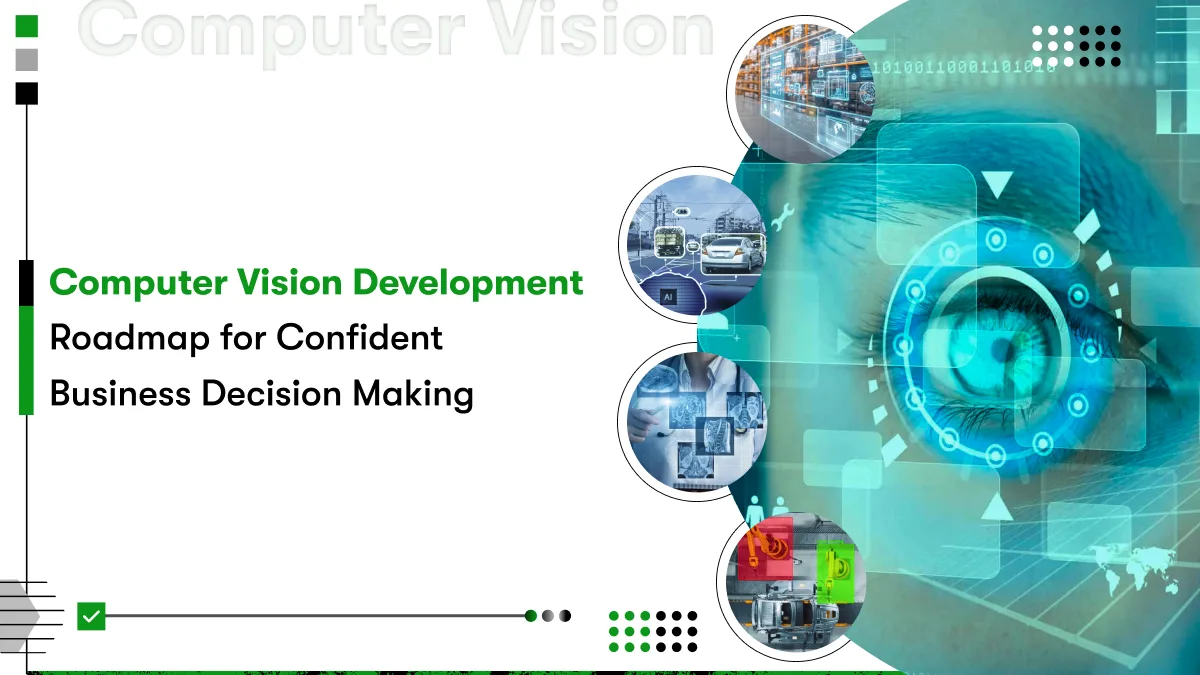










 Contact Information
Contact Information